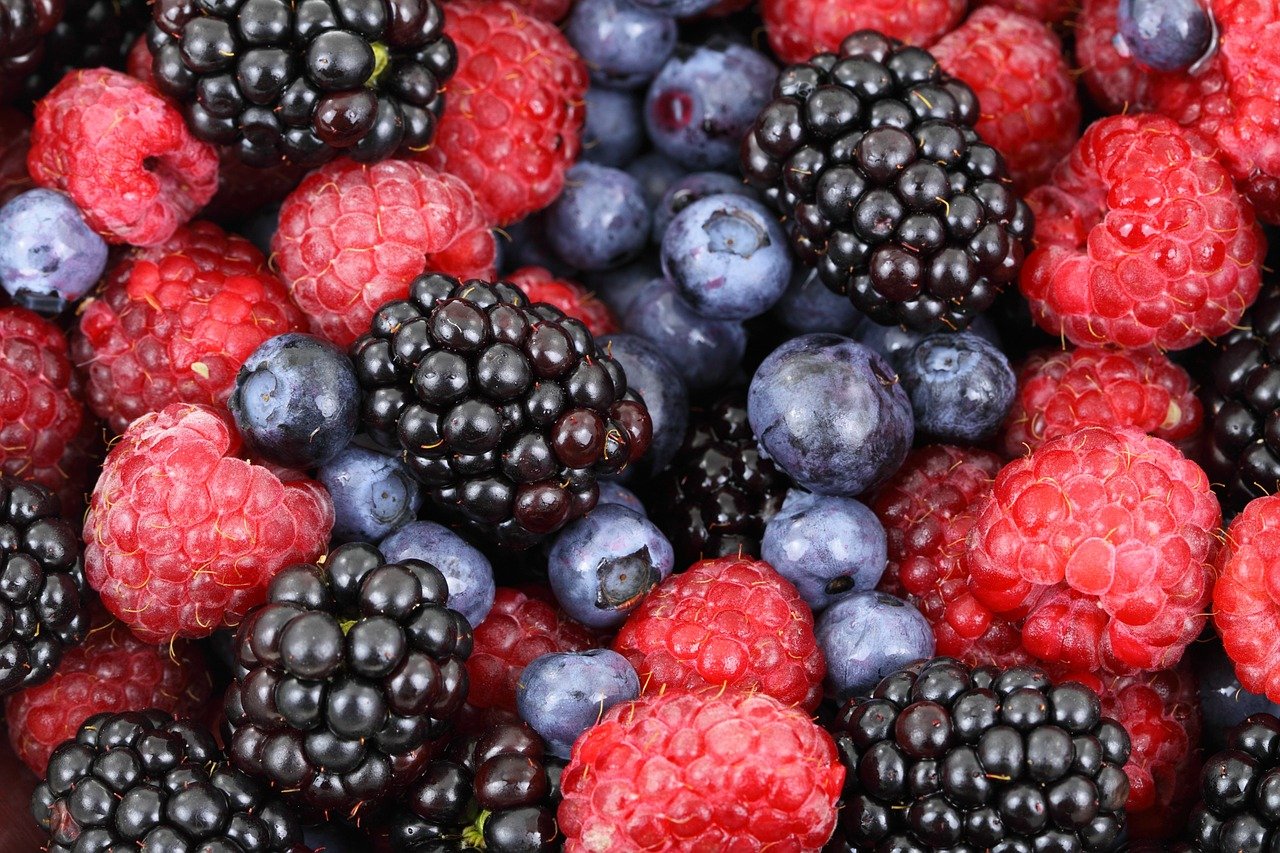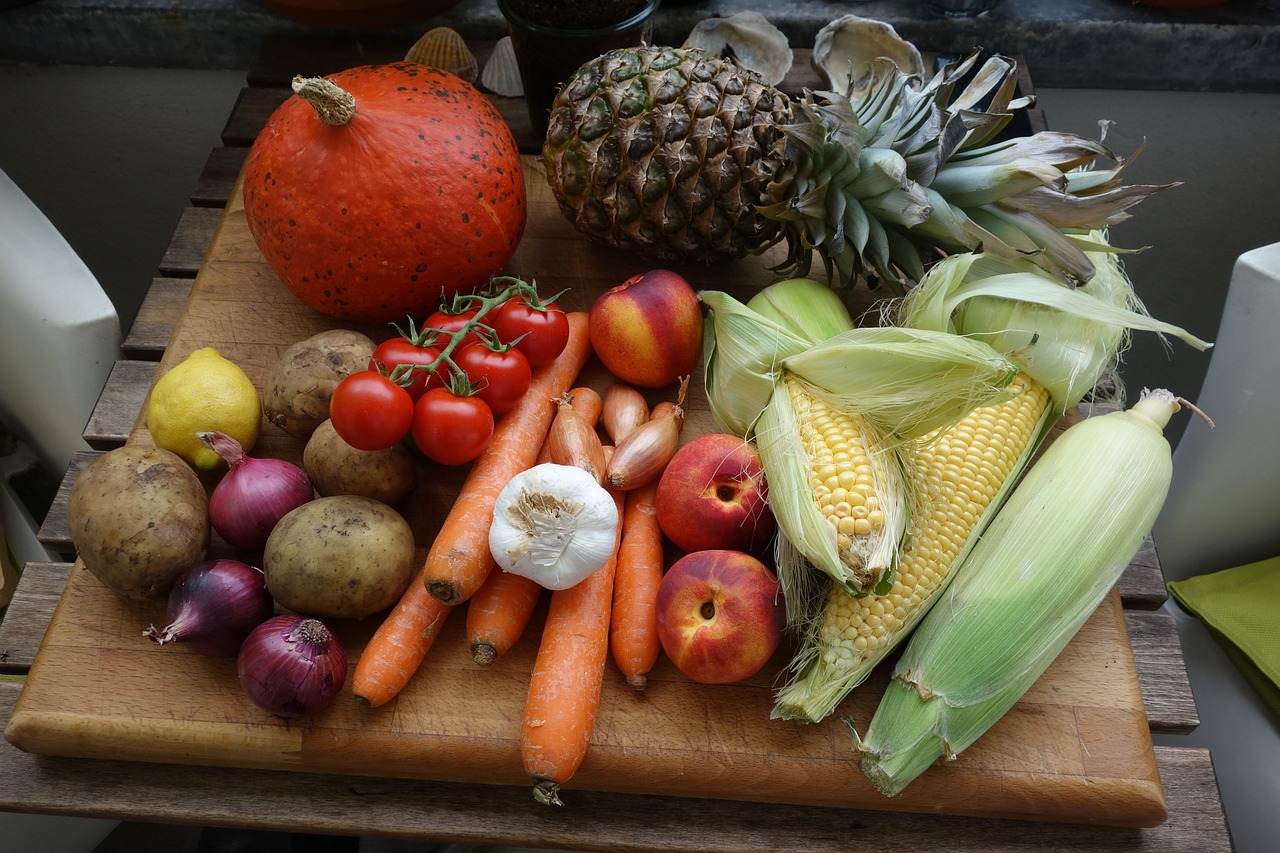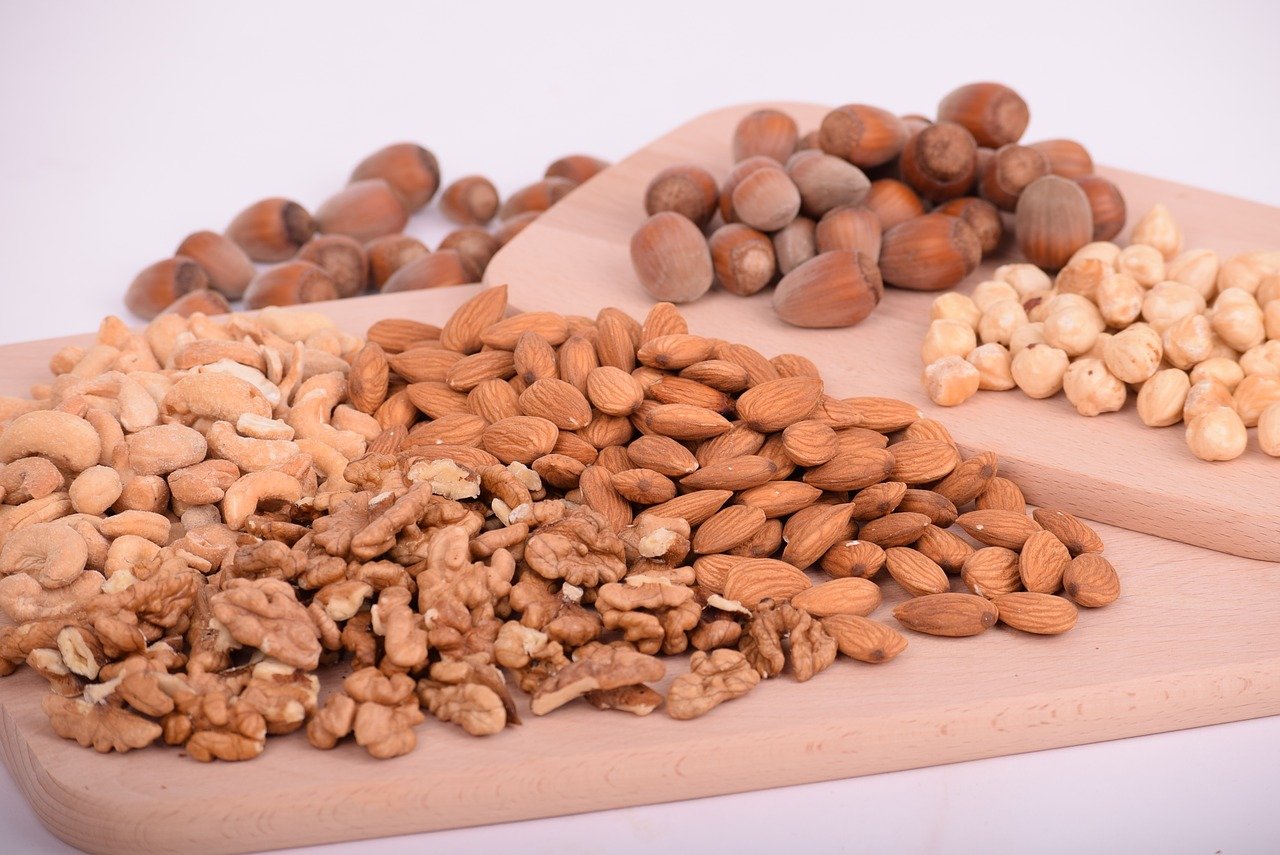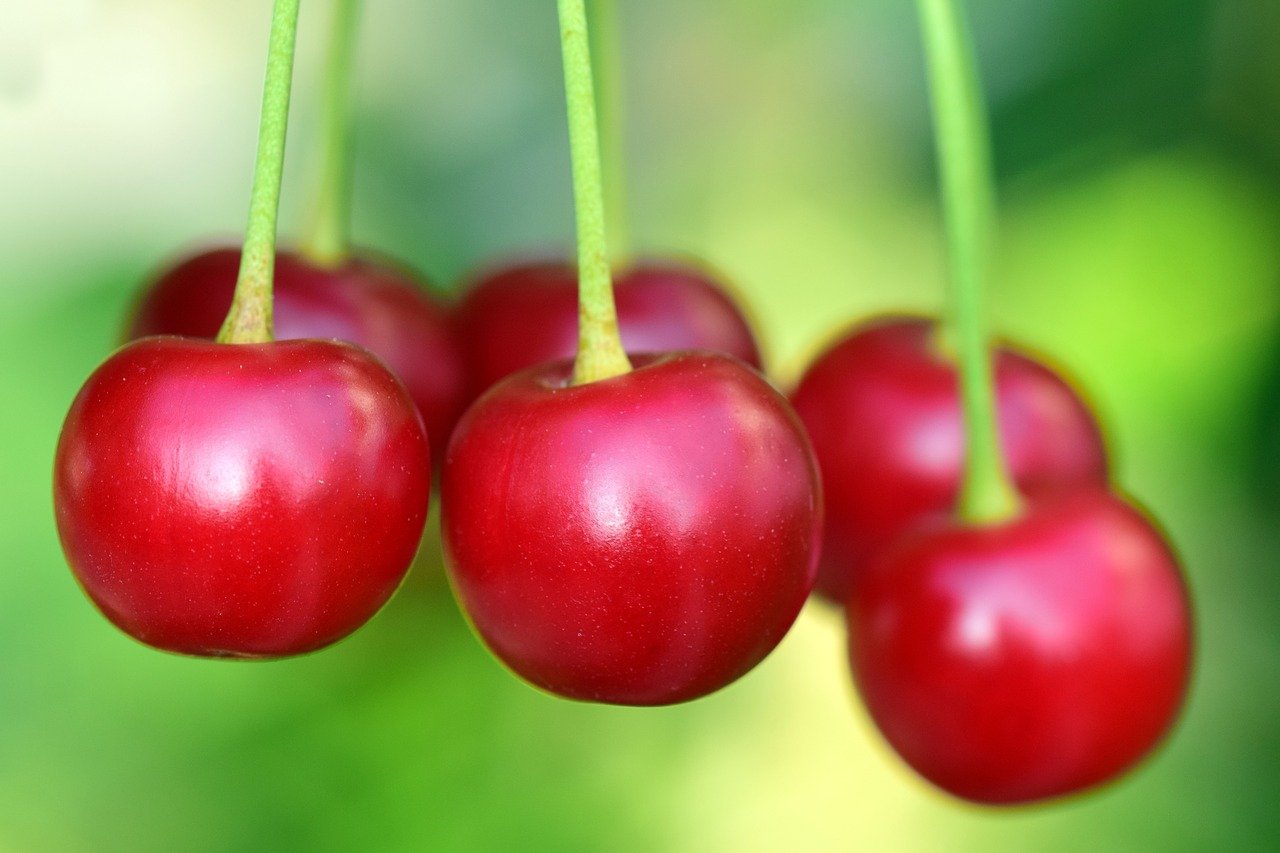Berries
Berries and Alzheimer's
Berries are commonly thought of as a small, pulpy edible fruit. The culinary definition of berry includes what most people think of as berries, such as blueberries, strawberries and raspberries. The botanical definition of berry is a fleshy fruit that usually has many seeds and includes tomatoes, cucumber and bananas but excludes common berries such as strawberries and raspberries. Here we’ll be referring to the common (culinary) definition of berries.1
The Many Benefits of Berries
Now, let’s take a look at how specific berries help fight Alzheimer’s disease. For the sake of brevity, we’ll keep the discussion focused on berries with cognitive data from randomized clinical trials.
Blueberries
In three randomized clinical trials that looked at the effect of blueberries on older cognitively impaired adults and both showed a neurocognitive benefit from blueberry consumption.8,9,10
Black Chokeberries
One randomized clinical trial used 113 healthy adults to show that black chokeberries improved cognition and blood pressure. The study divided participants into two treatment groups and one control group who was given placebo. Of the treatment groups, one group was administered 150 mg of black chokeberries per day for 24 weeks, the other group was given 90 mg. Blood pressure increased with the lower dosage of black chokeberries but decreased with the higher dosage. Psychomotor speed was improved with the low dose of black chokeberries, but placebo performed better than the higher dose. No changes were observed in attention, cognitive flexibility, mood, and serum brain-derived neurotrophic factor (BDNF) levels. Brain-derived neurotrophic factor is very important for cognition and will be discussed in detail in the supplements section.11
Haskap Berry
A pilot randomized clinical trial with 20 elderly subjects examined the effect of haskap berry on cognition, mood and blood pressure after 1.5 hours. There were three dosage groups, haskap berry extract containing 100 mg, 200 mg, and 400 mg anthocyanins. Higher doses appeared to have more of an effect with 400mg dose eliciting significantly lower diastolic blood pressure and improving episodic memory tasks. Subjects with 200 mg or 400 mg doses performed better on word recall tests.12
Berries, Fruits and Vegetables Sections
Alzheimer's and Specific Foods
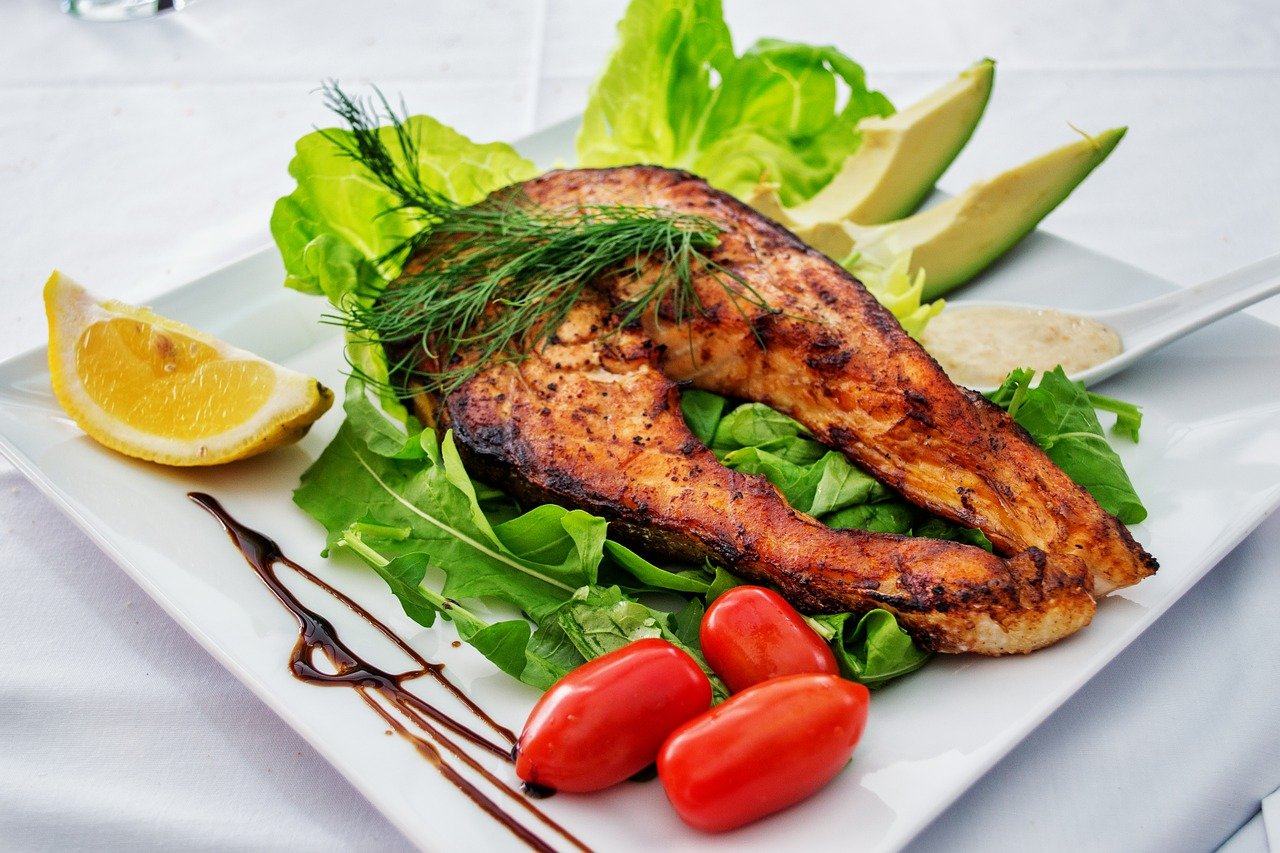
Fish and Meats
Under Construction - Coming soon.
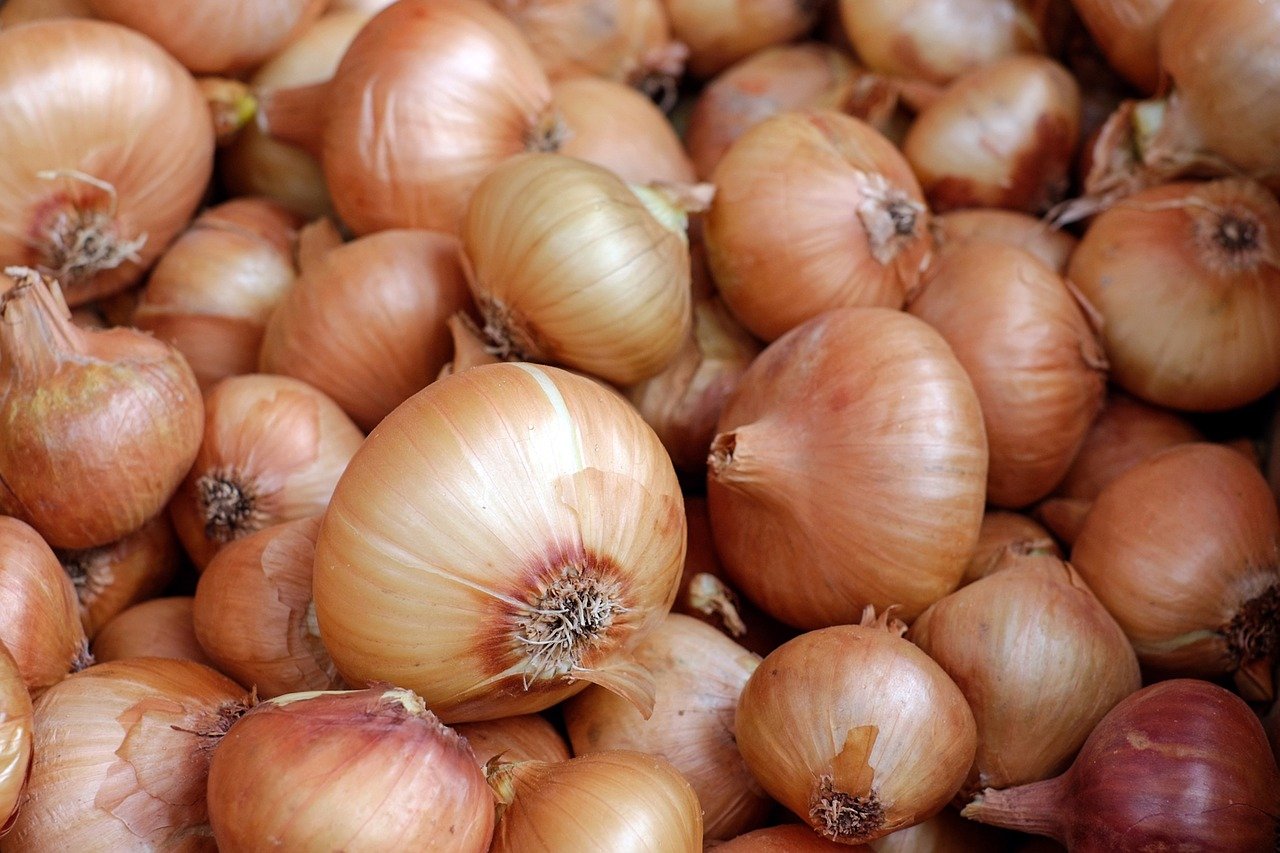
Prebiotics
Under Construction - Coming soon.
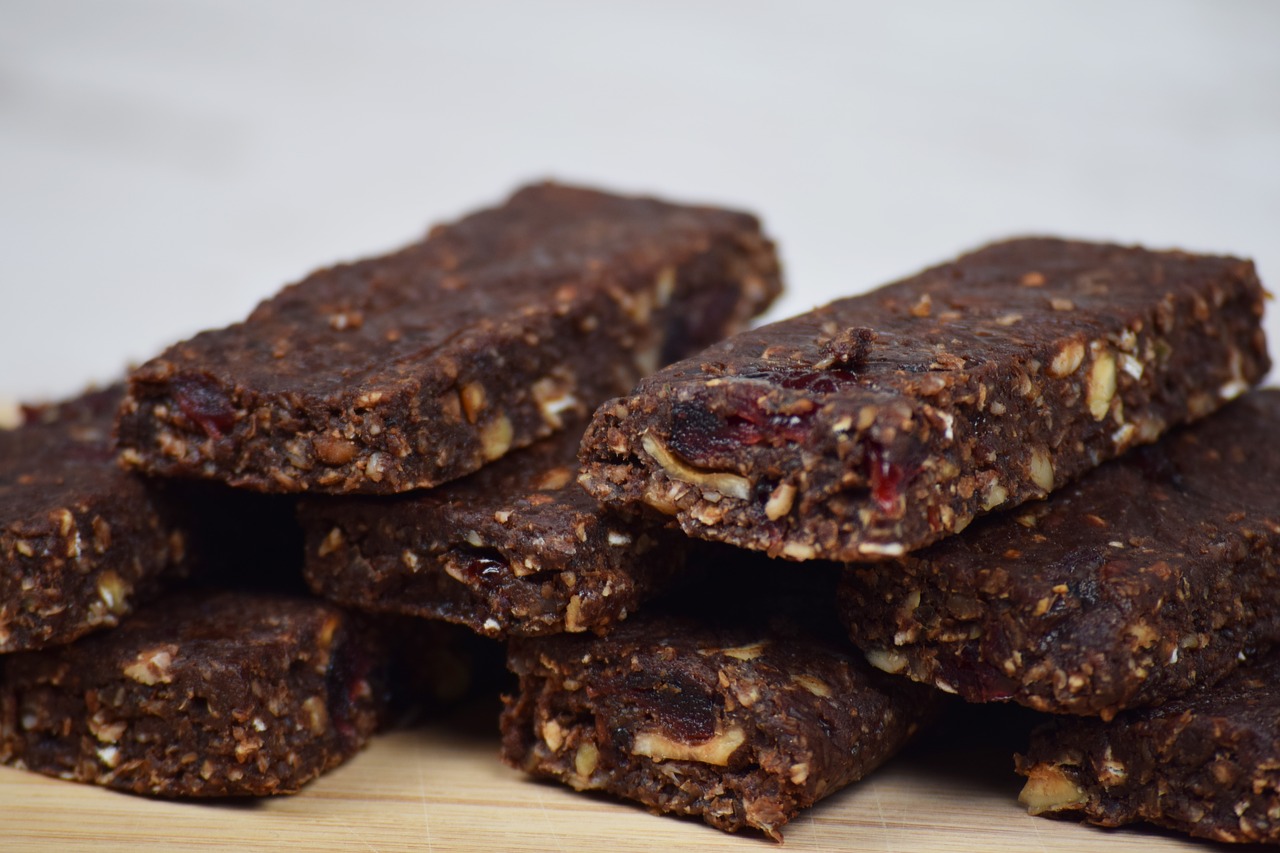
Medical Foods
Under Construction - Coming soon.
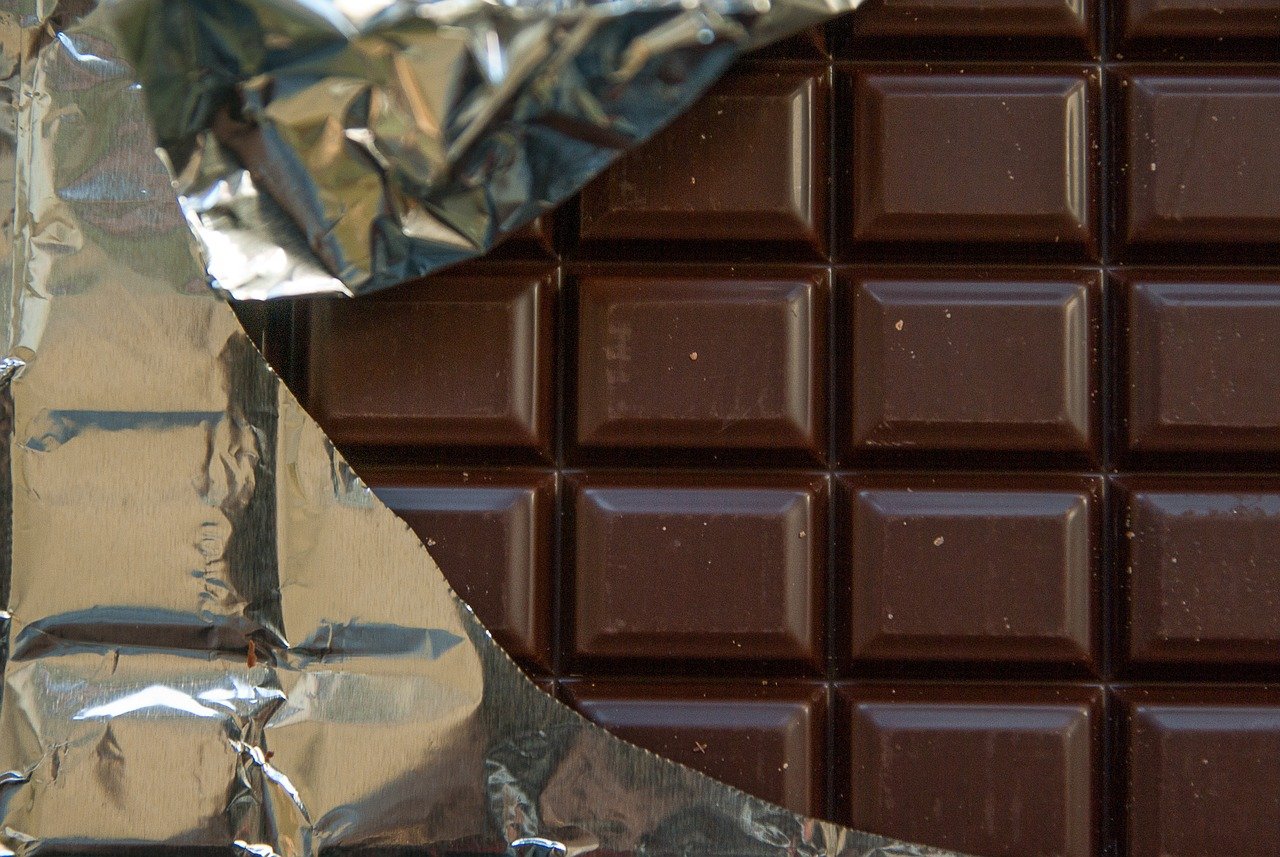
Miscellaneous Foods
Under Construction - Coming soon.
Berry and Alzheimer References:
- https://www.britannica.com/science/berry-plant-reproductive-body
- Olas B. Berry Phenolic Antioxidants – Implications for Human Health? Front Pharmacol. 2018 Mar 26;9:78. doi: 10.3389/fphar.2018.00078. PMID: 29662448; PMCID: PMC5890122.
- Afzal M, Redha A, AlHasan R. Anthocyanins Potentially Contribute to Defense against Alzheimer’s Disease. Molecules. 2019 Nov 22;24(23):4255. doi: 10.3390/molecules24234255. PMID: 31766696; PMCID: PMC6930593.
- Nilsson A, Salo I, Plaza M, Björck I. Effects of a mixed berry beverage on cognitive functions and cardiometabolic risk markers; A randomized cross-over study in healthy older adults. PLoS One. 2017 Nov 15;12(11):e0188173. doi: 10.1371/journal.pone.0188173. PMID: 29141041; PMCID: PMC5687726.
- Whyte AR, Cheng N, Butler LT, Lamport DJ, Williams CM. Flavonoid-Rich Mixed Berries Maintain and Improve Cognitive Function Over a 6 h Period in Young Healthy Adults. Nutrients. 2019 Nov 6;11(11):2685. doi: 10.3390/nu11112685. PMID: 31698695; PMCID: PMC6893475.
- Travica N, D’Cunha NM, Naumovski N, Kent K, Mellor DD, Firth J, Georgousopoulou EN, Dean OM, Loughman A, Jacka F, Marx W. The effect of blueberry interventions on cognitive performance and mood: A systematic review of randomized controlled trials. Brain Behav Immun. 2020 Mar;85:96-105. doi: 10.1016/j.bbi.2019.04.001. Epub 2019 Apr 15. PMID: 30999017.
- Travica N, D’Cunha NM, Naumovski N, Kent K, Mellor DD, Firth J, Georgousopoulou EN, Dean OM, Loughman A, Jacka F, Marx W. The effect of blueberry interventions on cognitive performance and mood: A systematic review of randomized controlled trials. Brain Behav Immun. 2020 Mar;85:96-105. doi: 10.1016/j.bbi.2019.04.001. Epub 2019 Apr 15. PMID: 30999017.
- McNamara RK, Kalt W, Shidler MD, McDonald J, Summer SS, Stein AL, Stover AN, Krikorian R. Cognitive response to fish oil, blueberry, and combined supplementation in older adults with subjective cognitive impairment. Neurobiol Aging. 2018 Apr;64:147-156. doi: 10.1016/j.neurobiolaging.2017.12.003. Epub 2017 Dec 12. PMID: 29458842; PMCID: PMC5822748.
- Boespflug EL, Eliassen JC, Dudley JA, Shidler MD, Kalt W, Summer SS, Stein AL, Stover AN, Krikorian R. Enhanced neural activation with blueberry supplementation in mild cognitive impairment. Nutr Neurosci. 2018 May;21(4):297-305. doi: 10.1080/1028415X.2017.1287833. Epub 2017 Feb 21. PMID: 28221821; PMCID: PMC6093614.
- Krikorian R, Shidler MD, Nash TA, Kalt W, Vinqvist-Tymchuk MR, Shukitt-Hale B, Joseph JA. Blueberry supplementation improves memory in older adults. J Agric Food Chem. 2010 Apr 14;58(7):3996-4000. doi: 10.1021/jf9029332. PMID: 20047325; PMCID: PMC2850944.
- Ahles S, Stevens YR, Joris PJ, Vauzour D, Adam J, de Groot E, Plat J. The Effect of Long-Term Aroniamelanocarpa Extract Supplementation on Cognitive Performance, Mood, and Vascular Function: A Randomized Controlled Trial in Healthy, Middle-Aged Individuals. Nutrients. 2020 Aug 17;12(8):2475. doi: 10.3390/nu12082475. PMID: 32824483; PMCID: PMC7468716.
- Bell L, Williams CM. A pilot dose-response study of the acute effects of haskap berry extract (Lonicera caerulea L.) on cognition, mood, and blood pressure in older adults. Eur J Nutr. 2019 Dec;58(8):3325-3334. doi: 10.1007/s00394-018-1877-9. Epub 2018 Dec 10. PMID: 30535796; PMCID: PMC6842388.
Back to Diet and Alzheimer's:
Determine which diet and nutrition plan is best for you based on your Apoe status and subtype.

